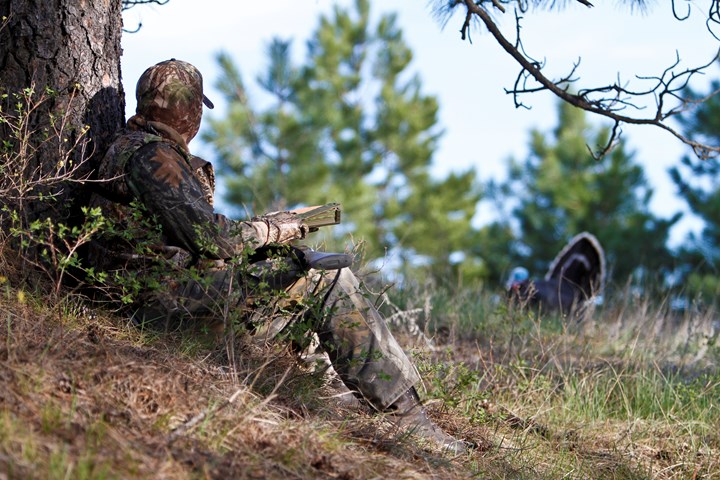
by Pete Muller - Sunday, April 8, 2018

Spring is my favorite time of year. The bitter cold of the winter is gone, trees start to green up and it also means it’s time to hit the turkey woods.
Sharing in memories of the hunt is easy thanks to social media. I don’t have to look far to see photos of fellow hunters decked out in their favorite turkey camo, early morning sunrise shots from the field or timber and, probably my favorite, smiling faces behind fanned-out birds.
However, to be reminded that as hunters we can be our own worst enemy by not supporting our fellow hunters in their spring pursuits, all I have to do is read the comments. Here are a few of the hot-button topics that surface amongst turkey hunters each year.
E-mail your comments/questions about this site to:
[email protected]
Proudly supported by The NRA Foundation and Friends of NRA fundraising.
